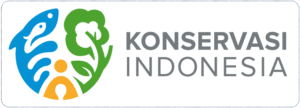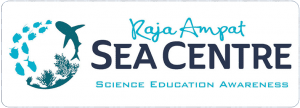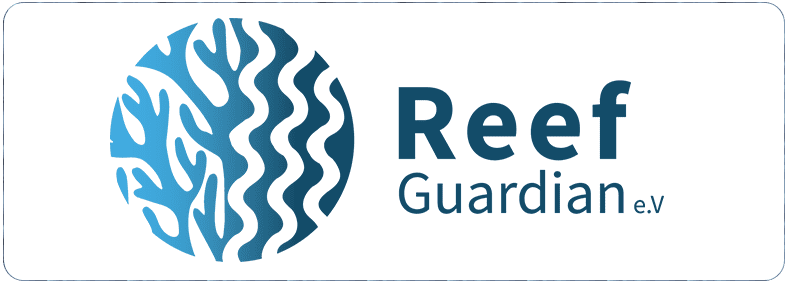Planet Deep is a non-profit organisation with a mission to explore, understand and help protect the oceanic wilderness in the Coral Triangle.
Our conservation programs focus on “the deep divers”: the great blue and sperm whales, the mysterious beaked whales, as well as other deep-sea life.
In collaboration with government agencies and local stakeholders, we help protect critical oceanic habitats such as calving and mating grounds for whales, migratory marine corridors, seamounts and canyons.
We focus our efforts in special areas, so-called cetacean hotspots, many of which our founders helped “ discover” and assisted in the development of Marine Protected Areas. In east Indonesia these include the Savu Sea, the Banda Sea and the Bird’s Head Seascape. Other long-term cetacean projects are conducted in Timor Leste and the Solomon Islands.
Planet Deep conducts conservation science programs, such as visual and acoustic cetacean surveys, monitoring, satellite tagging of sperm and blue whales. Additional projects focus on local training, capacity building and assist with the development of best practices for ocean industries – marine tourism, fisheries, shipping, offshore energy, deep-sea mining. Our conservation science programs are geared towards innovative solutions that are directly contributing to better management of oceanic hotspots of the Coral Triangle and the reduction of current and emerging threats for cetaceans. These threats range from fisheries interactions, prey depletion to ocean noise and increasingly the menace of marine debris (plastic waste in our oceans).
Planet Deep also conducts conservation tourism programs several times a year in some of the most remote and spectacular corners of the Coral Triangle. These marine expeditions focus on the exceptional biodiversity both underwater and above, from pygmy seahorses to the mighty blue whale. Our expeditions include a strong citizen-science component including whale watch surveys. For these expeditions our motto is “Ocean wilderness is the asset!”
Marine tourism can provide an important source of income and employment in Coral Triangle countries, and this potential – including whale watching – can be developed responsibly: with best practices in place from the outset, and managed within Marine Protected Areas that also include deep-sea habitats.
Both the science and conservation travel programs are geared to better understand and help safeguard these fascinating yet largely unknown (and often endangered) oceanic wildlife.
We have a long history in the Birds’ Head Seascape (BHS), assisting with whale conservation and marine mammal tourism projects in 2011 onwards. In fact, one of our co-founders led the very first cetacean surveys in the BHS in 2006 (Raja Ampat) and 2007 (Kaimana/Triton Bay). In partnership with many other organisations (including the Ministry of Fisheries, Provincial Government, APEX Environmental, TNC, CI and UNIPA), these cetacean surveys were crucial to include important whale habitats in the network of Marine Protected Areas that have been established today. For example, the identification of important habitats for Bryde’s and Omura’s whales in the western Dampier Strait, and the periodic abundance of sperm whales in and around the Mansuar Canyon, played an important part in the establishment of the Dampier Strait MPA, and years later, the eight-fold expansion of this MPA.
Planet Deep is registered in The Netherlands as a non-profit PBO (public benefit organization). During the 2017 United Nation Ocean Conference, Planet Deep was recognised for its contributions to several Sustainable Development Goals (see our UN Ocean Action #16914). Our management team includes long-standing members of the IUCN’s World Commission on Protected Areas (WCPA) and the Species Survival Commission’s (SSC) Cetaceans Specialist Group, The Explorers Club (USA).





































